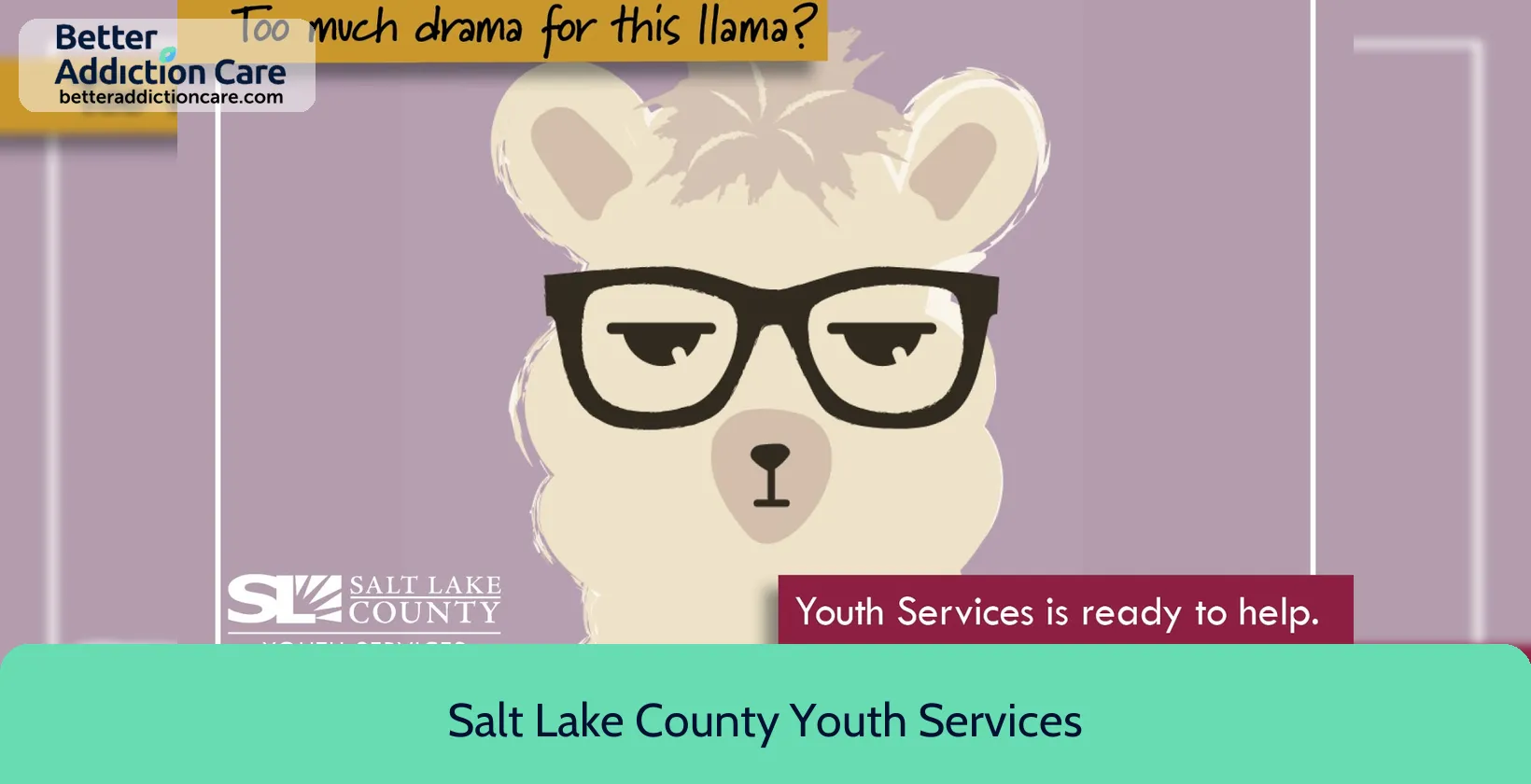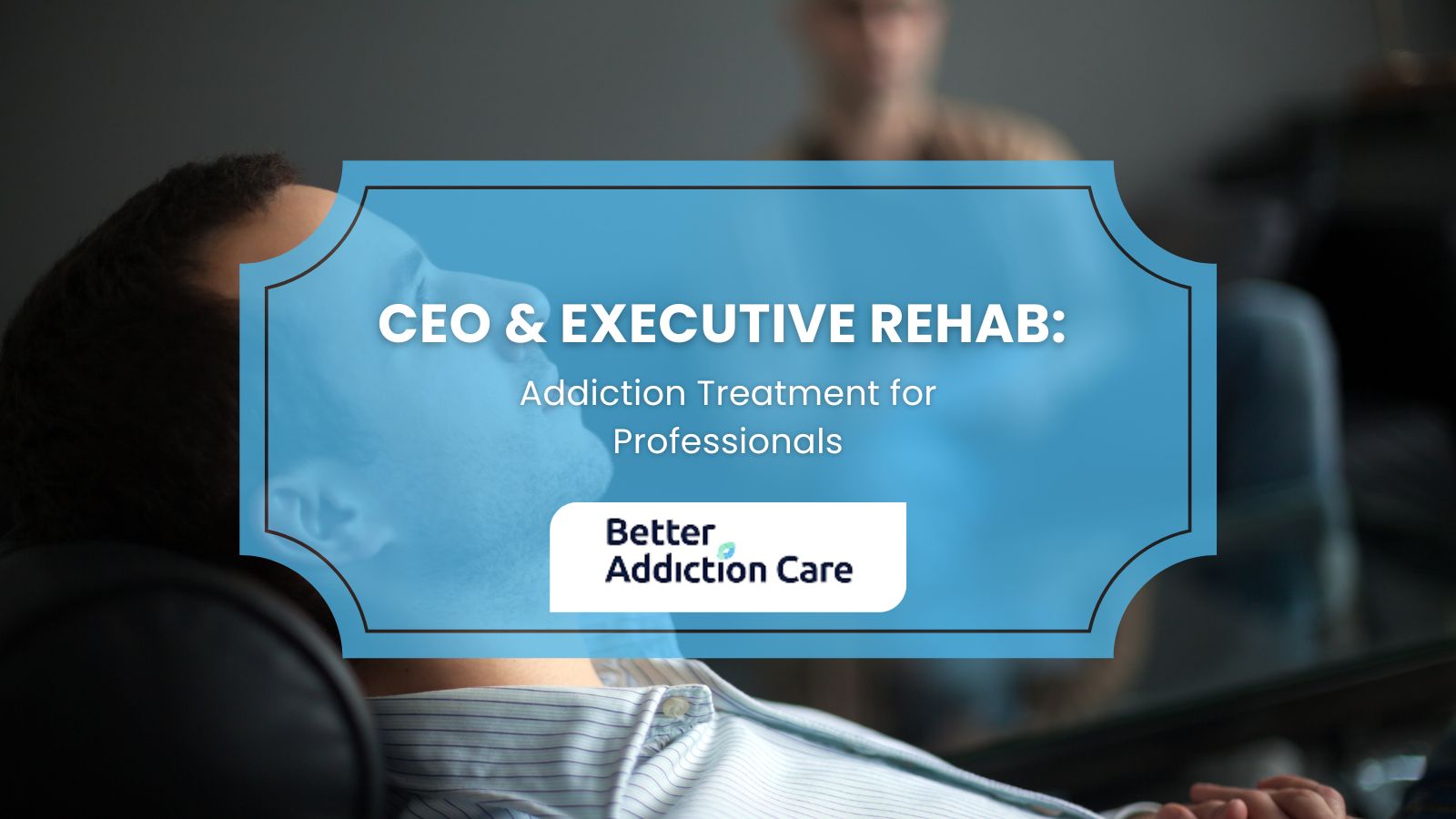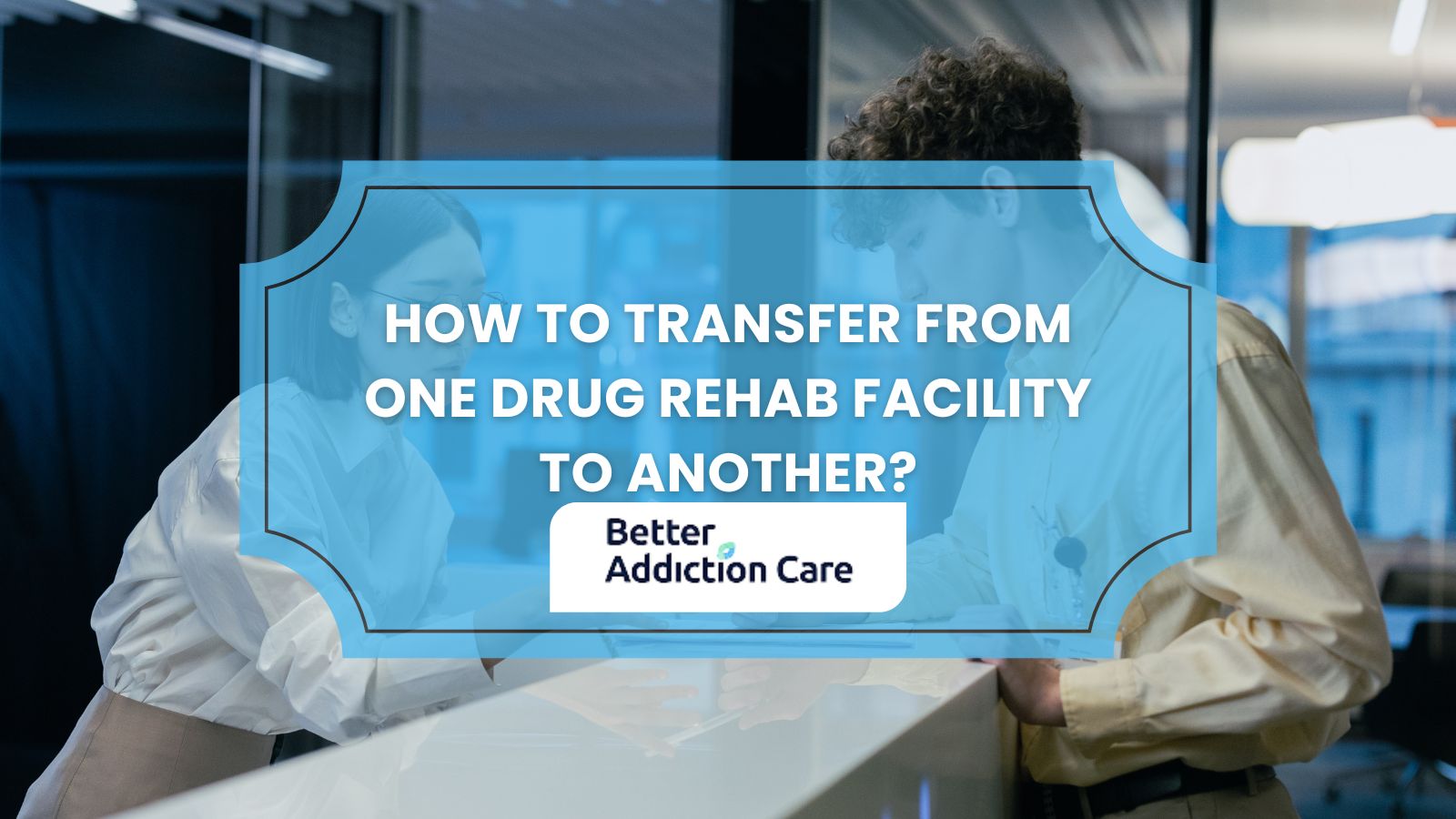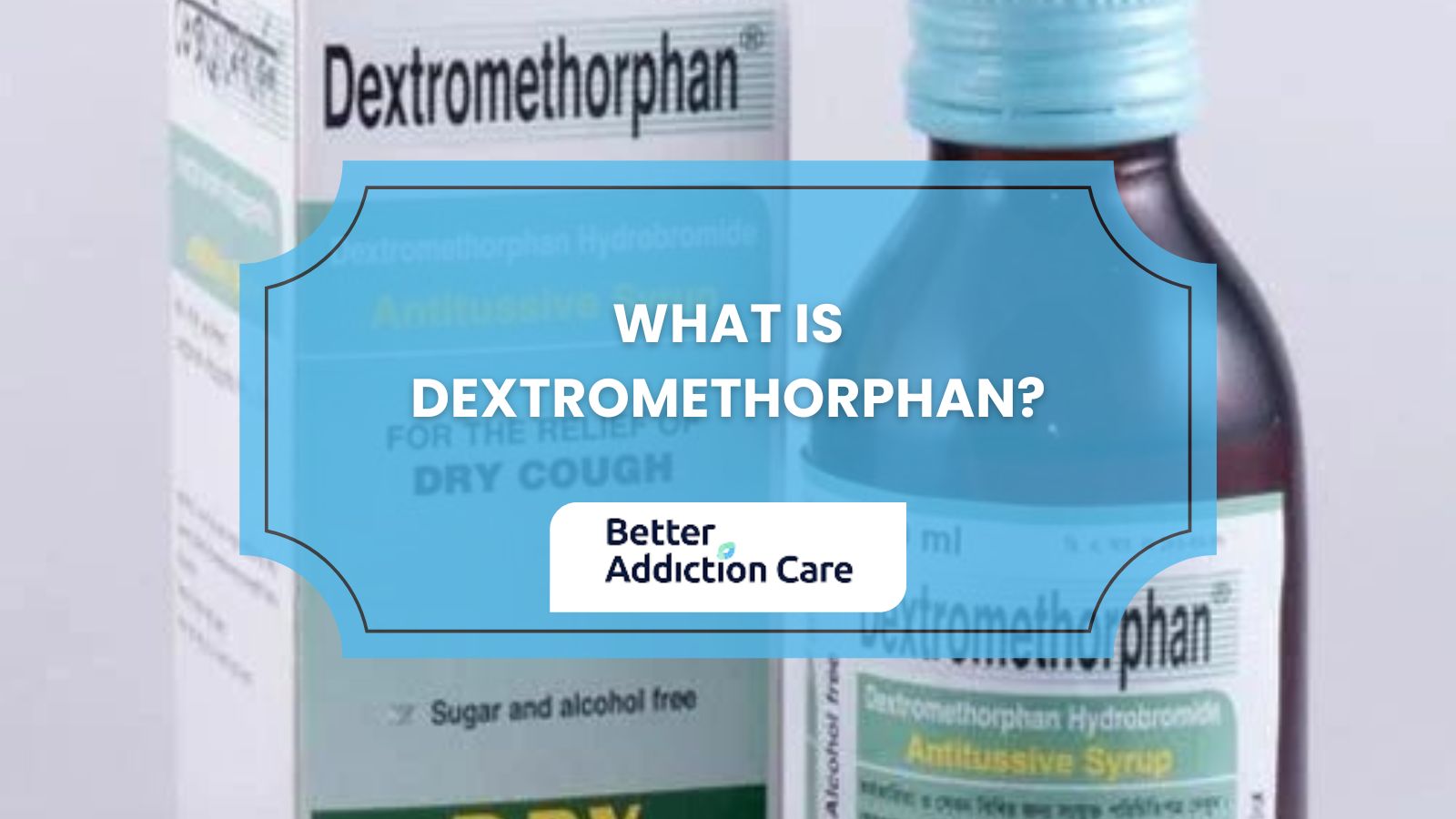Salt Lake County Youth Services
Overview
Salt Lake County Youth Services is a substance abuse treatment center for people seeking treatment near Salt Lake County. As part of their treatment modalities for recovery, Salt Lake County Youth Services provides individual psychotherapy, couples/family therapy, and cognitive behavioral therapy during treatment. Salt Lake County Youth Services is located in Salt Lake City, Utah, accepting medicaid for treatment.
Salt Lake County Youth Services at a Glance
Payment Options
- Medicaid
- State mental health agency (or equivalent) funds
- State welfare or child and family services funds
- State corrections or juvenile justice funds
- County or local government funds
Assessments
- Screening for tobacco use
- Comprehensive substance use assessment
- Interim services for clients
- Screening for mental disorders
- Screening for substance use
Age Groups
- Adolescents
- Young adults
- Children/adolescents
- Adults
Ancillary Services
- Case management service
- Court-ordered outpatient treatment
- Family psychoeducation
- Mental health services
- Social skills development
Highlights About Salt Lake County Youth Services
6.99/10
With an overall rating of 6.99/10, this facility has following balanced range of services. Alcohol Rehabilitation: 8.00/10, Drug Rehab and Detox: 6.00/10, Insurance and Payments: 6.00/10, Treatment Options: 7.94/10.-
Alcohol Rehabilitation 8.00
-
Treatment Options 7.94
-
Drug Rehab and Detox 6.00
-
Insurance and Payments 6.00
Treatment At Salt Lake County Youth Services
Treatment Conditions
- Alcoholism
- Mental health treatment
- Substance use treatment
- Co-occurring Disorders
Care Levels
- Outpatient
- Regular outpatient treatment
- Aftercare
Treatment Modalities
- Individual psychotherapy
- Couples/family therapy
- Cognitive behavioral therapy
- Integrated Mental and Substance Use Disorder treatment
- Activity therapy
Ancillary Services
Languages
- Sign language services for the deaf and hard of hearing
- Spanish
Additional Services
- Pharmacotherapies administered during treatment
- Mentoring/peer support
- Drug or alcohol urine screening
Special Programs
- Clients with co-occurring mental and substance use disorders
- Criminal justice (other than DUI/DWI)/Forensic clients
- Clients who have experienced trauma
Contact Information
Read our Most Recent Article About Drug Addiction
DISCLAIMER: The facility name, logo and brand are the property and registered trademarks of Salt Lake County Youth Services, and are being used for identification and informational purposes only. Use of these names, logos and brands shall not imply endorsement. BetterAddictionCare.com is not affiliated with or sponsored by Salt Lake County Youth Services.









